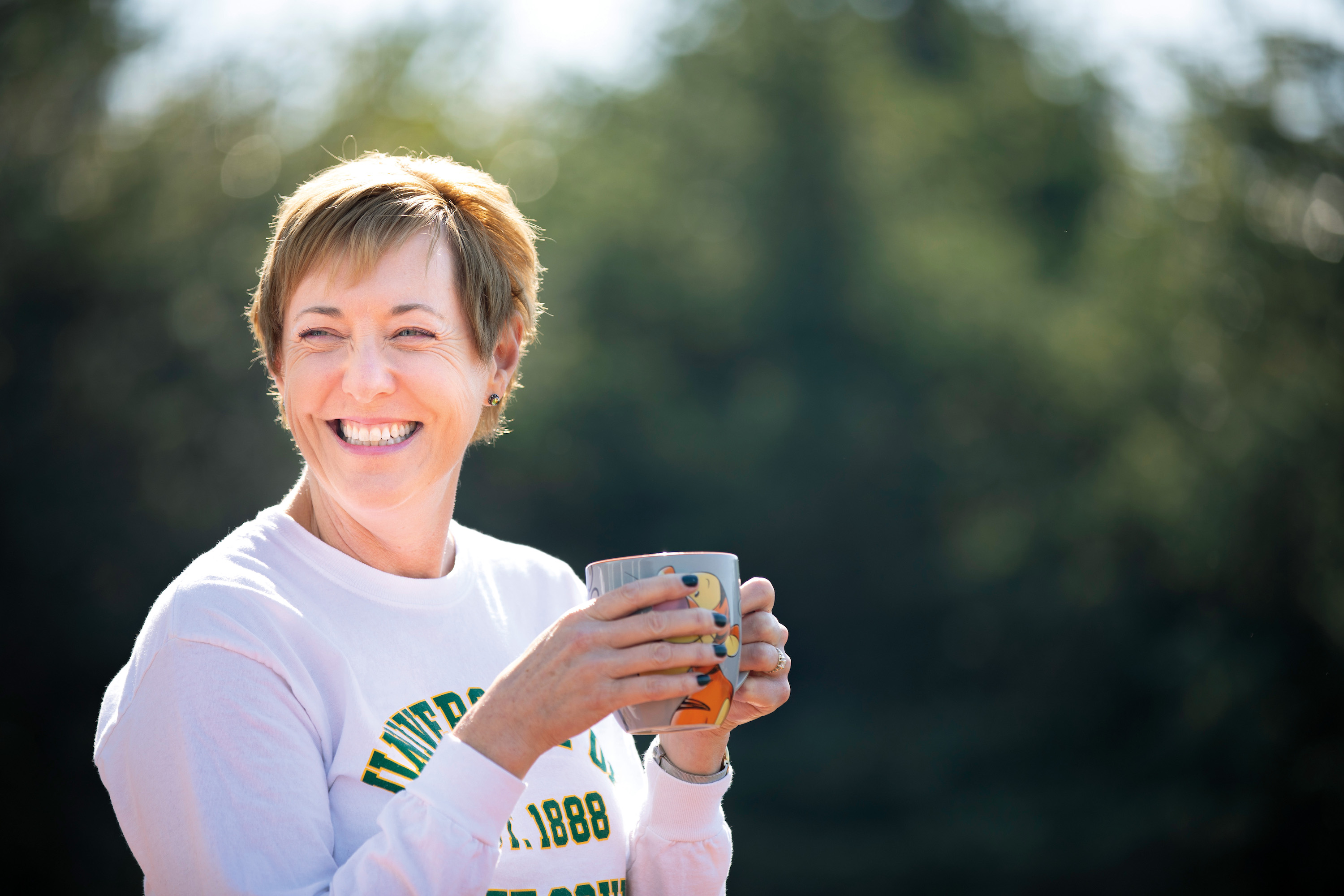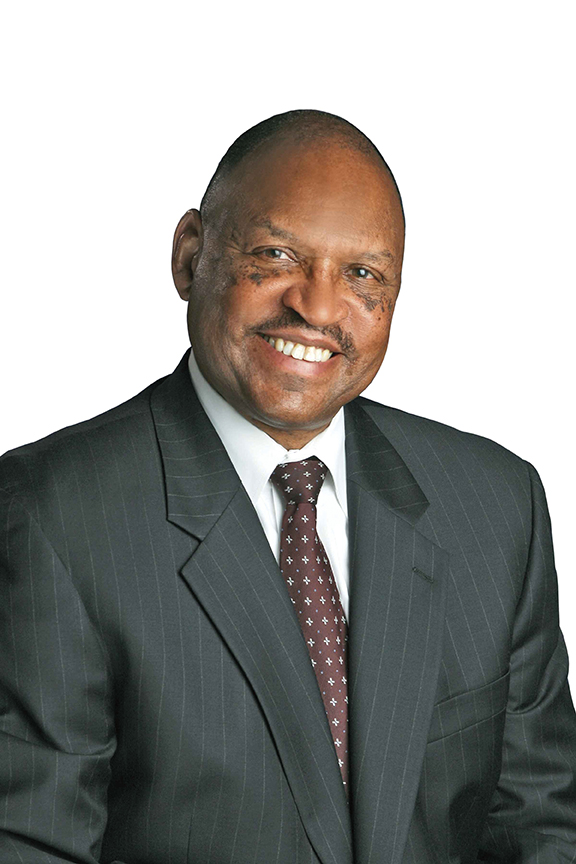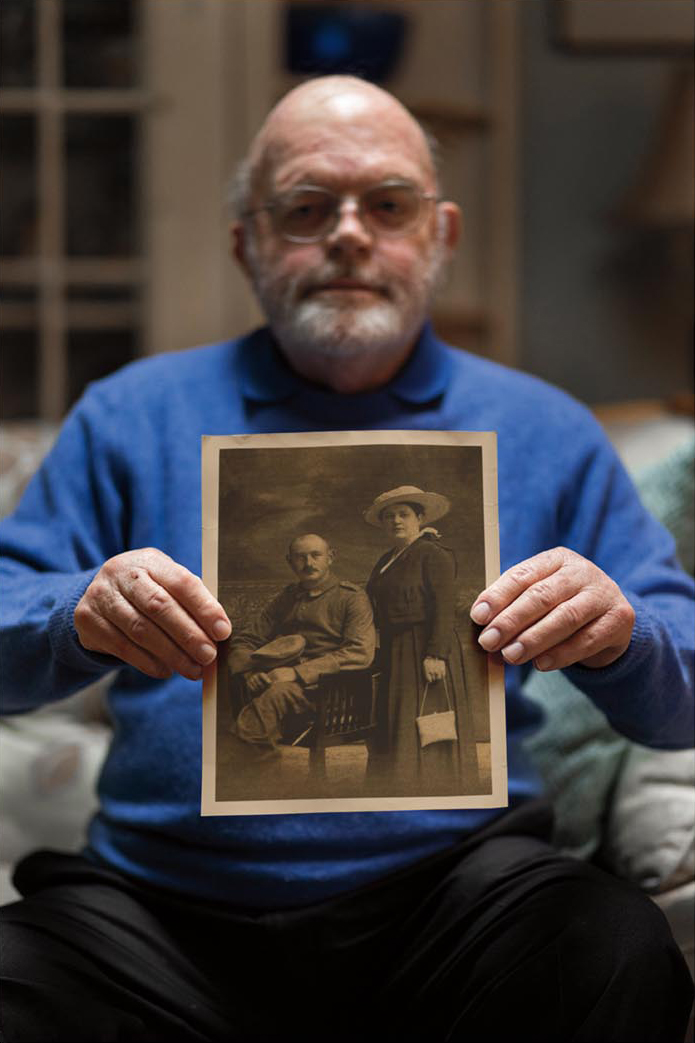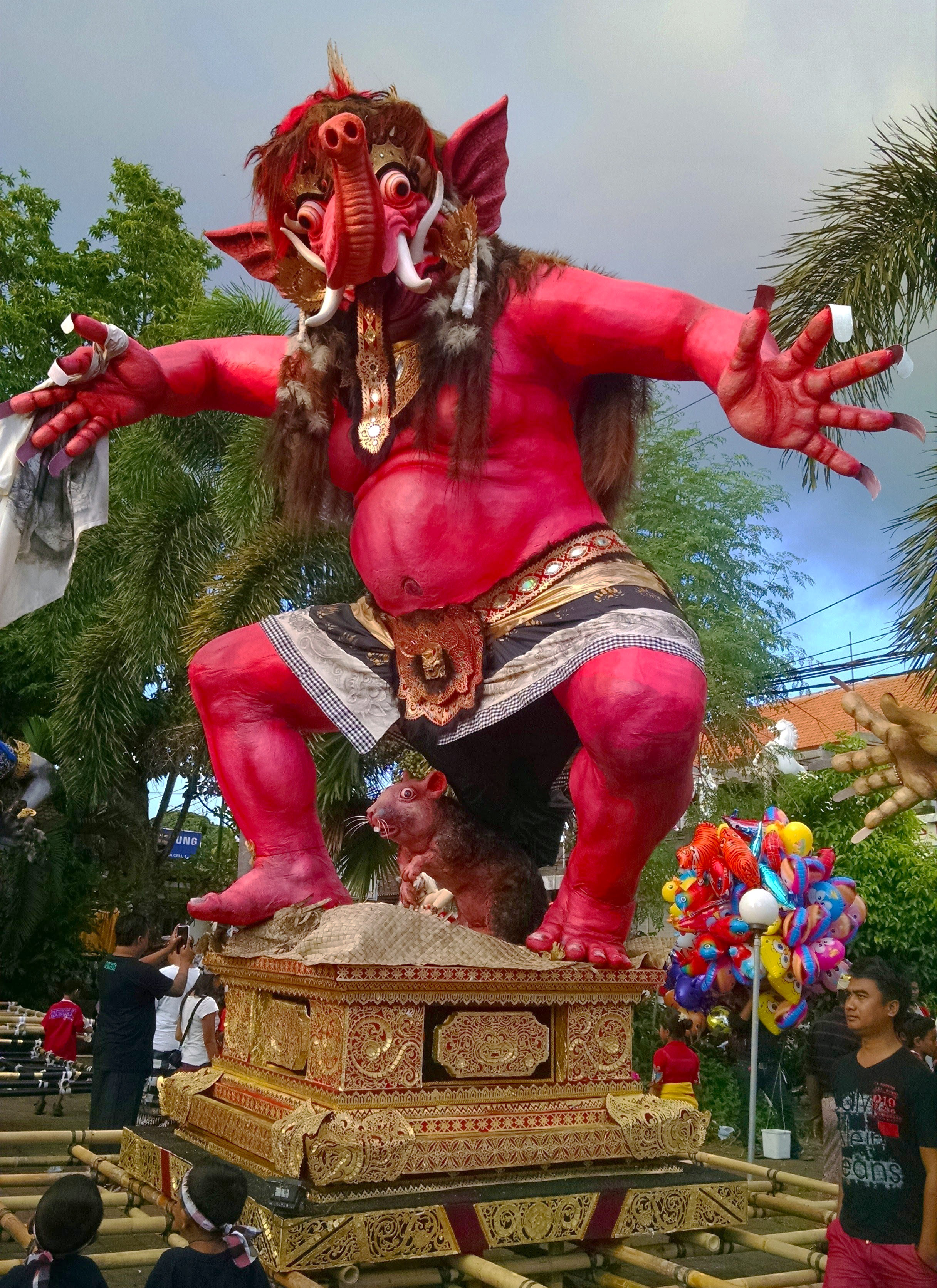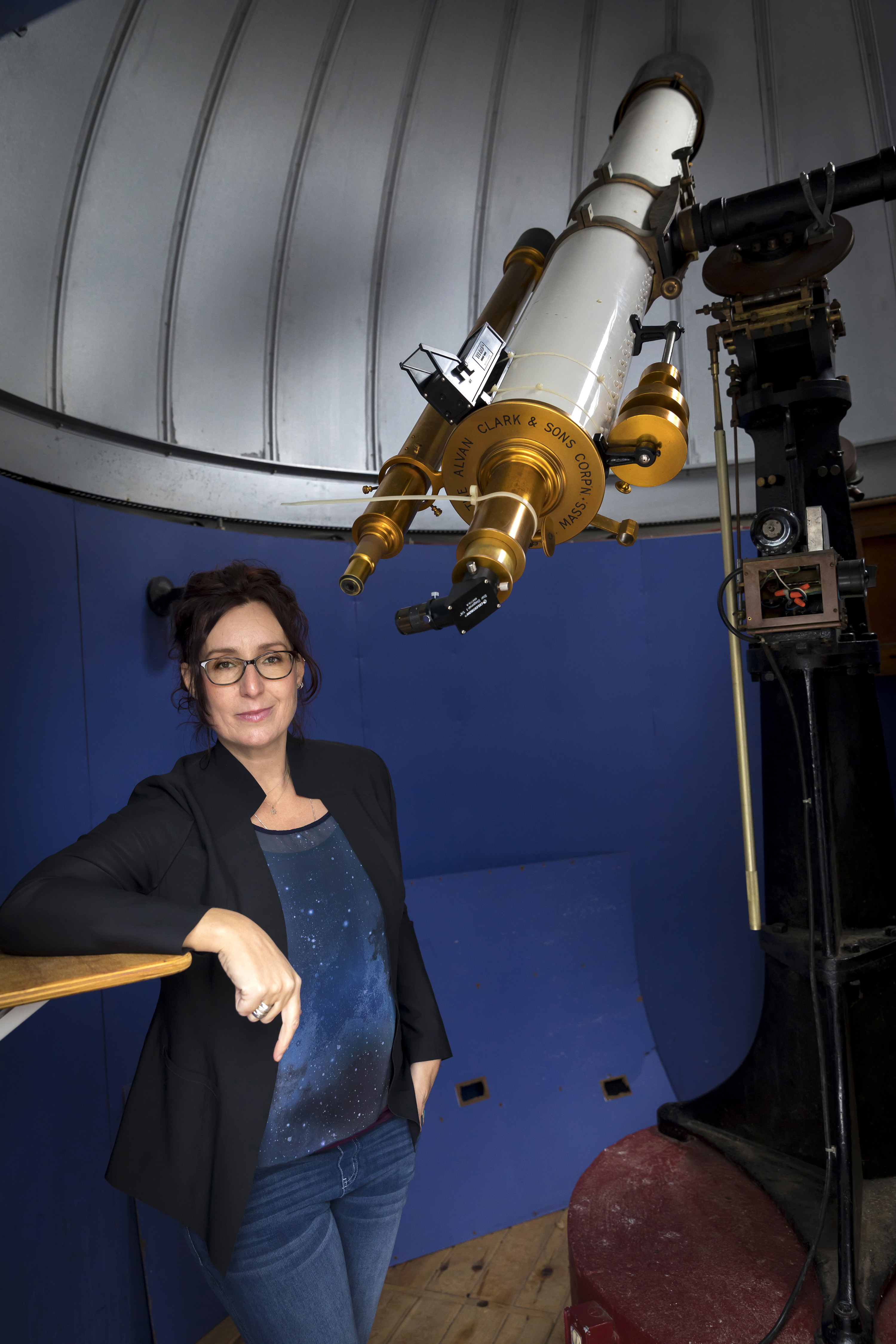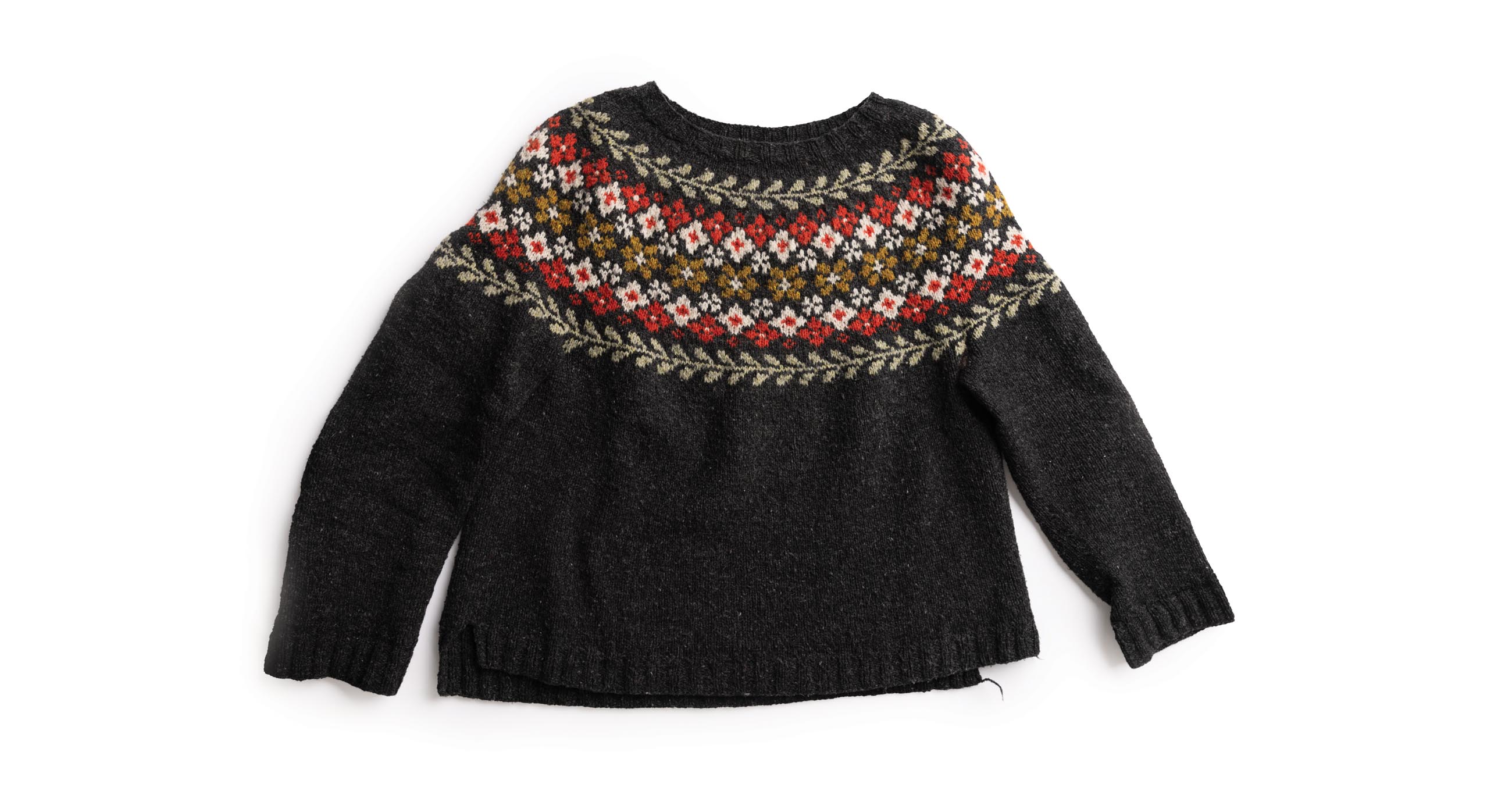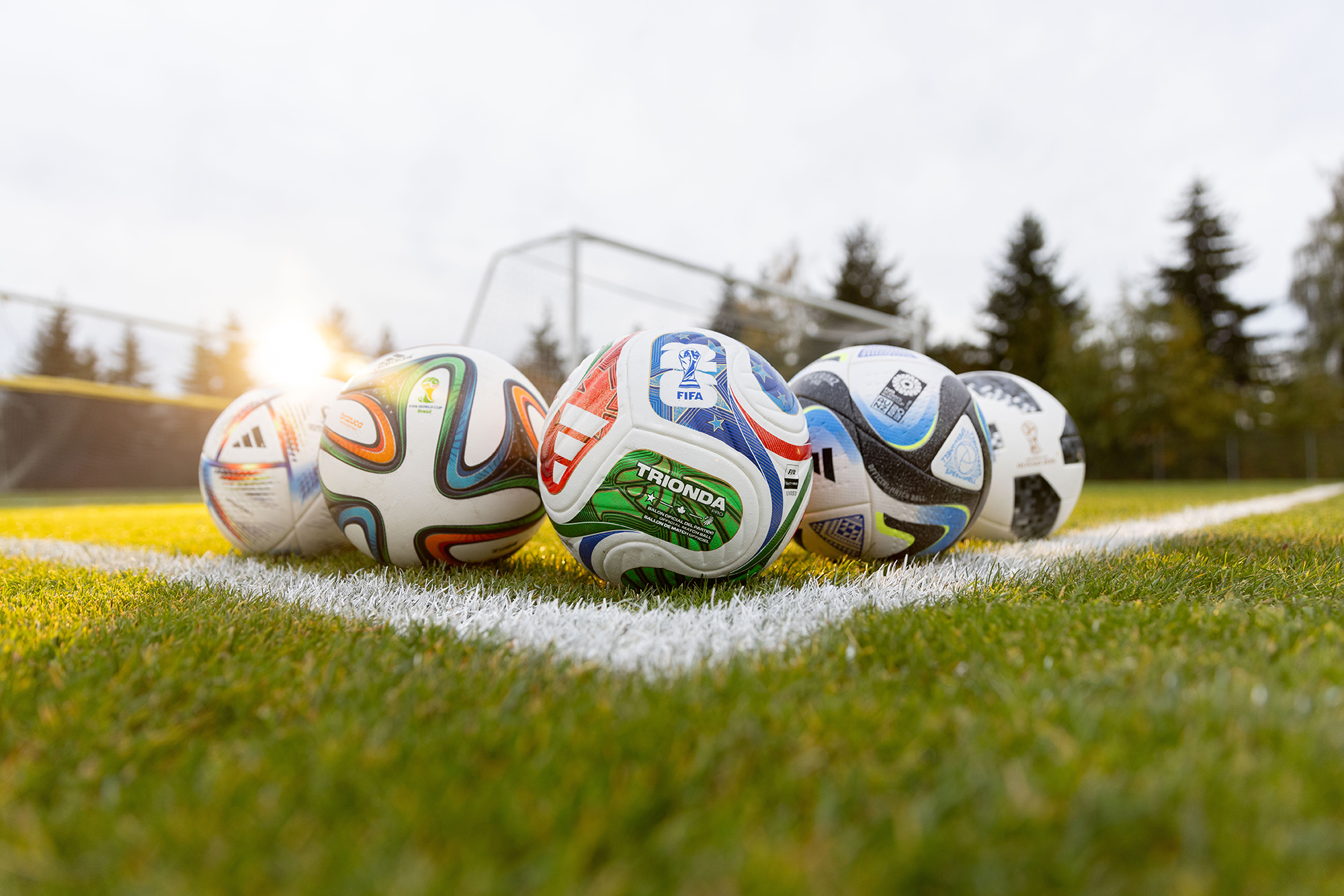Always a Logger: Torey Anderson DPT'18

When U.S. skier Nina O’Brien tumbled into the finish line after a devastating wipeout at the women’s giant slalom during the Beijing Olympics, Torey Anderson DPT’18 was watching from—well, from just a few feet away.
“I popped over the fence and ran in,” recalls Anderson, the head physical therapist for the U.S. Women’s Alpine Ski Team.
O’Brien had fractured her left tibia, and Anderson stayed with her as long as she could. When she couldn’t any longer, Anderson found a taxi to navigate the complex “closed loop” bubble of China’s COVID-infected Olympics and to make sure O’Brien had her things at the hospital. It was instinct—and simply part of the job for Anderson, whose role with the team runs from medicine and wellness to psychology to plain, old moral support.
“We’re on the road together, away from home. We lean on each other, we support each other,” Anderson says. “In those moments, I could do nothing about her fracture. But what I could address was just trying to calm her and keep her focused, and be a compassionate, caring figure for her.”
The Park City, Utah-based Anderson got the ski-team job just one year after finishing her doctorate at Puget Sound; she worked with five athletes the first winter, before taking on the role of head physical therapist for women’s alpine. Today, she oversees medical care for 20 athletes, some of whom go down very steep hills at speeds that would get you a ticket on any American highway.
Beijing 2022 was a mixed bag for U.S. skiers—something Anderson recognizes even as she sees the uniqueness of all the experiences. “We did have a challenging Games,” she says. “A lot of highs and lows, a few more lows perhaps than highs. But an incredible amount of energy.”
Her Puget Sound education, she says, gave her not only the training she needed but a philosophy she carries with her every day—an “interdisciplinary model” of care that emphasizes nutrition, sleep, and emotional health alongside physical performance. Her tenure with the ski team, she says, has given her even more.
“Through that time, I’ve really grown,” Anderson says. “My personal growth has been in finding my voice in this space. And I’ve seen the world, too.”

